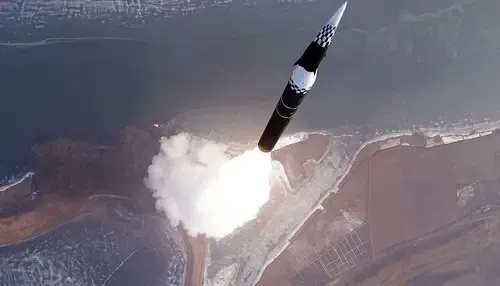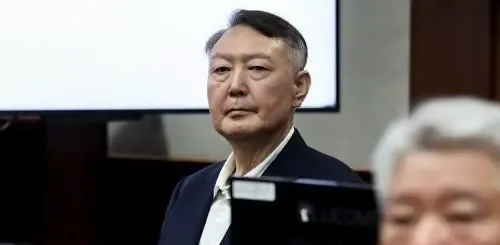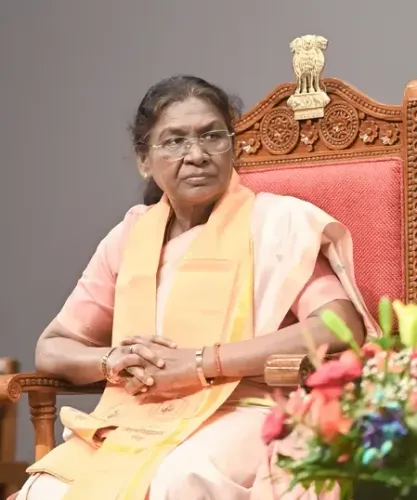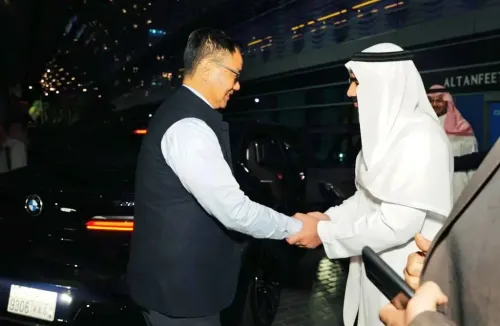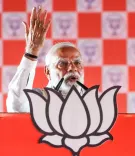Why has USTR Greer come to South Korea for APEC?
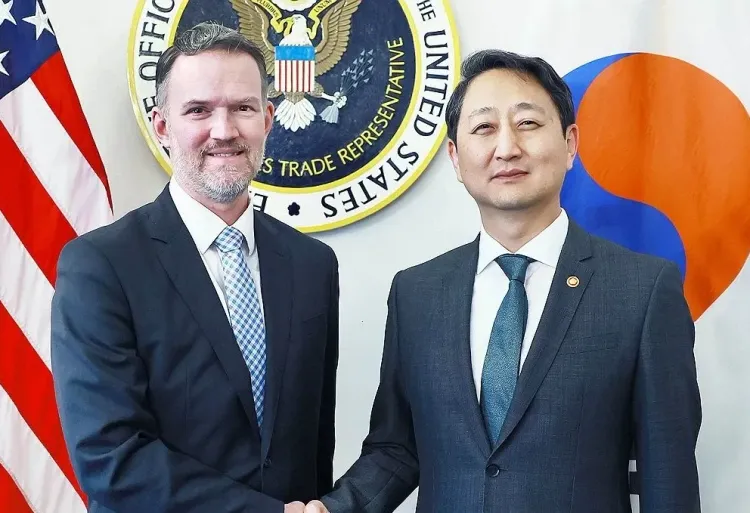
Synopsis
Key Takeaways
- USTR Jamieson Greer arrives in South Korea for the APEC trade ministers' meeting.
- Discussions on tariffs and economic cooperation are on the agenda.
- Meetings with Ahn Duk-geun will focus on trade follow-ups.
- China and the U.S. reached a temporary tariff agreement.
- Strengthening bilateral ties in key sectors is a priority.
Seoul, May 14 (NationPress) The U.S. Trade Representative (USTR) Jamieson Greer has landed in South Korea this Wednesday to participate in a crucial meeting of trade ministers from the Asia-Pacific Economic Cooperation (APEC) economies. He is also scheduled to engage with Seoul's trade minister during his visit this week.
Greer is expected to be present at the APEC Ministers Responsible for Trade Meeting, which will take place on Thursday and Friday at the International Convention Centre situated on the scenic Jeju Island, as reported by Yonhap news agency.
On Friday, Greer will have discussions with Ahn Duk-geun, Korea's minister of trade, industry, and energy, on the sidelines of the APEC meeting, according to officials from the Seoul government.
The agenda is likely to include follow-up actions stemming from the high-level trade discussions that occurred last month in Washington between South Korea and the United States.
The trade dialogue between Seoul and Washington commenced in April, aiming to finalize a comprehensive agreement concerning new U.S. tariffs and economic collaboration by early July. This timeline aligns with the expiration of President Donald Trump's 90-day suspension on reciprocal duties.
The Trump administration had introduced specific reciprocal tariffs, including a 25 percent duty on goods from South Korea, which took effect on April 9, but a 90-day pause was implemented shortly afterward to facilitate negotiations.
South Korea has reportedly suggested enhancing bilateral collaboration in the shipbuilding and energy sectors to help mitigate U.S. tariffs on Korean products.
Analysts are also speculating about a potential meeting between the USTR and China's newly appointed trade representative, Li Chenggang, during the Jeju event.
Earlier this week, the U.S. and China jointly declared that they have struck a deal in a high-stakes dialogue in Geneva to temporarily lower tariffs for 90 days to allow for further negotiations.
As part of this agreement, the U.S. intends to reduce its tariffs on Chinese goods to 30 percent from the current 145 percent, while Chinese tariffs on U.S. goods will decrease to 10 percent from 125 percent.

